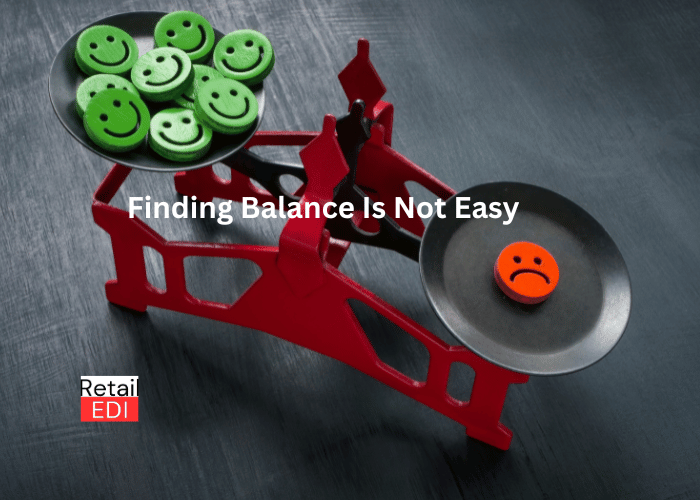Online freelancing has exploded in recent years, offering workers flexibility, income opportunities, and the ability to bypass traditional employment structures. In theory, these platforms should level the playing field—letting talent and effort shine. But is that really the case? From my perspective, and it now being February 25th, 2025, I want the users on our platform to be treated equitably. It seems like good business to be neutral.
A study dug into two major freelance marketplaces—let’s call them Freelance Ex1 and Freelance Ex2—analyzing over 13,500 worker profiles. The results? Disturbing patterns of bias tied to race and gender, affecting everything from reviews to ratings to search rankings.
The Hidden Bias in Ratings and Reviews
Customer feedback is a huge part of success on freelance platforms. But the study found that:
- Women—especially white women—received 10% fewer reviews than men with similar experience.
- Black workers, especially men, received significantly lower ratings than other freelancers with the same qualifications.
- On Freelance Ex2, Black male workers received 32% fewer reviews than other men.
- Reviews for Black freelancers contained more negative adjectives, while Black women received significantly fewer positive adjectives in reviews.
- Meanwhile, Asian men tended to receive higher ratings than other groups.
Bias in Search Rankings
Search algorithms determine how freelancers appear to potential clients. The study found that Freelance Ex1’s algorithm ranked workers differently depending on perceived race and gender. The reasons weren’t clear—there was no evidence of intentional bias in the algorithm. Instead, it likely reflected customer behavior, reinforcing biased ratings and reviews.
Why This Matters
These findings highlight a tough reality: Even in digital spaces, bias exists. When hiring decisions are influenced by ratings, reviews, and search rankings—factors impacted by racial and gender bias—freelancers don’t always get a fair shot. They can be forced give up (Pay) a lot for the opportunity. As though they are put into a time machine, sent back 50 years, but still able to access the website.
So what can be done? Greater transparency in platform algorithms, efforts to mitigate biased feedback, and awareness among clients and freelancers alike could help level the playing field. Again, it is 2025, and companies seem to be fleeing from the idea of equity and inclusion, but for me, and Retail EDI, these are customers and regardless of their gender, race, etc. the US Constitution (The document I follow), supports equality for all. Plus, I’m quite sure that while reviews and ratings are important, a Buyer, or Employer is highly likely to leverage a platform like LinkedIn.com, or Gartner or other resources to determine whether a Provider, or FTE candidate is qualified, well-rounded, etc.
For a deeper dive into the full study, check out the report here: [Report Link]. Keep in mind that Retail EDI is not affiliated with this report, and this isn’t about singling out specific platforms. Rather, it’s a call for all freelance marketplaces to actively monitor and manage bias to ensure a fair and equitable experience for their customers.

